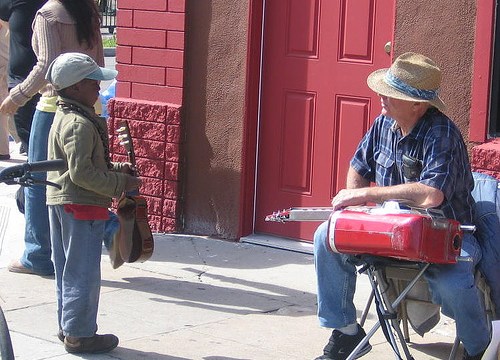How Believers Cope Post-Rapture

What’s the Latest Development?
For followers of Harold Camping’s Christian talk radio show, May 21 was supposed to be the beginning of the end: The first day in a five month event that would see the universe completely destroyed on October 21, 2011. Now, as the sun has risen on the day after the prophesied rapture, Camping’s disciples are likely to feel a keen sense of disappointment. “This could be a fairly sad day for these people,” said Stephen Kent, a sociologist at the University of Alberta who studies new and alternative religions. “There will be some greatly disheartened people who may be terribly confused about what didn’t happen.”
What’s the Big Idea?
Our minds are perhaps as resilient as they are malleable. Camping’s doomsday prediction was not the first and probably will not be the last. In 1954, psychologist Leon Festinger infiltrated the doomsday cult called The Seekers. When the group leader’s prophecy failed to come true, he observed some psychological calisthenics among the group’s members in order to explain away all the evidence to the contrary. Steve Hassan, a counseling psychologist said: “A third of believers become disillusioned after a failed prediction, while another third find reason to believe more strongly. The remaining group members fall somewhere in between.”





